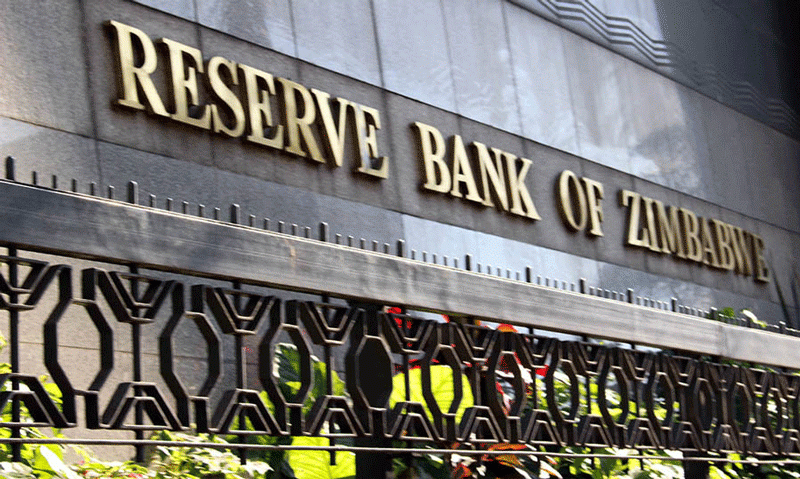
SHAME MAKOSHORI DOMESTIC manufacturing sector firms have demanded they be allowed to invest into Special Economic Zones (SEZs) to benefit from incentives enjoyed by foreign firms.
SEZs are designated economic hubs where licenced operators enjoy different special policies compared to those applicable to the rest of the economy.
Companies operating in SEZs are entitled to incentives with respect to exchange control regulations and customs duty, fees and other taxes.
Such incentives may also include tax holidays.
By establishing SEZs, the government was determined to lift the country out of the effects of massive capital flight, which has followed the political and economic dislocations of the past 20 years.
The southern African country has struggled to match FDI inflows of up to US$2 billion being enjoyed by regional peers in the past decade.
FDI inflows into Zimbabwe have been averaging about US$500 million a year.
High taxes and costs of doing business, along with policy flip-flops and a currency crisis have combined to keep investors off the domestic market.
- Chamisa under fire over US$120K donation
- Mavhunga puts DeMbare into Chibuku quarterfinals
- Pension funds bet on Cabora Bassa oilfields
- Councils defy govt fire tender directive
Keep Reading
In a five-page paper sent to Finance and Economic Development minister Mthuli Ncube last week, the Confederation of Zimbabwe Industries (CZI) also warned against delays in investing in designated zones.
It said when Ncube announced the 2022 national budget in November last year, he promised to implement more SEZs.
However, it appears little progress was taking place.
“To attract investment into the country, the 2022 national budget promised that through the Zimbabwe Investment and Development Agency (Zida), a number of SEZs would be operationalised,” CZI said.
“A worrying phenomenon with our special economic zones is that local companies do not qualify; it’s only reserved for new investment from other countries.”
The review is due in two weeks.
“New investment locally must also be able to enjoy Special Economic Zones,” CZI said, noting that these would be vital for improving exports.
Zida acting chief executive officer, Duduzile Shinya told businessdigest recently that 126 new investment projects were approved in 2021 with an investment value of US$557,7 million.
“There was an encouraging improvement in the number of projects approved between 2020 and 2021 where 76 and 126 projects were approved, respectively, representing an increase of 165%.
“The increase in the number of projects approved did not reflect in the value of the proposed projects, however, where US$557,7 million was invested in 2021 against just over US$1,5 billion in 2020.
“The significant difference is attributable to two outlier investments of over a billion worth of proposed FDI in 2020 from two projects in the agriculture and energy sectors with each contributing over US$650 million and US$360 million, respectively,” she said.











